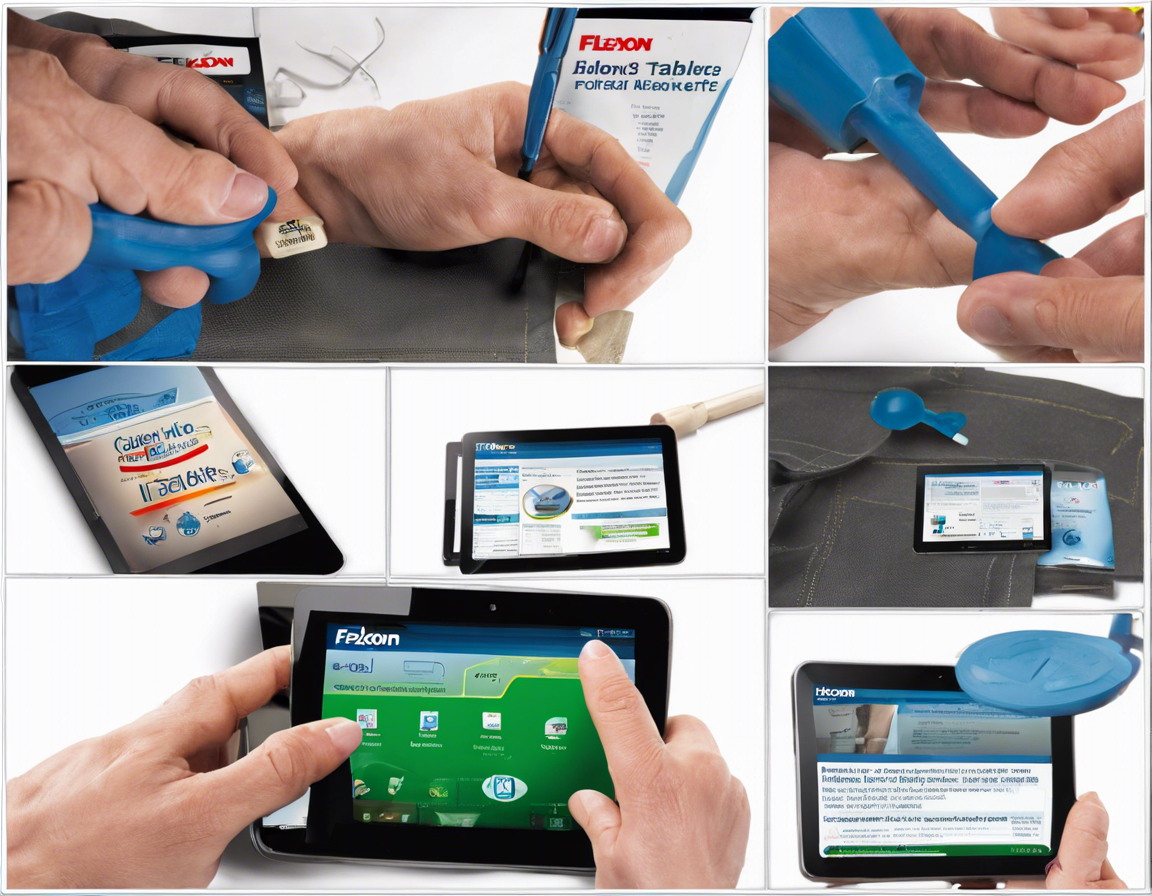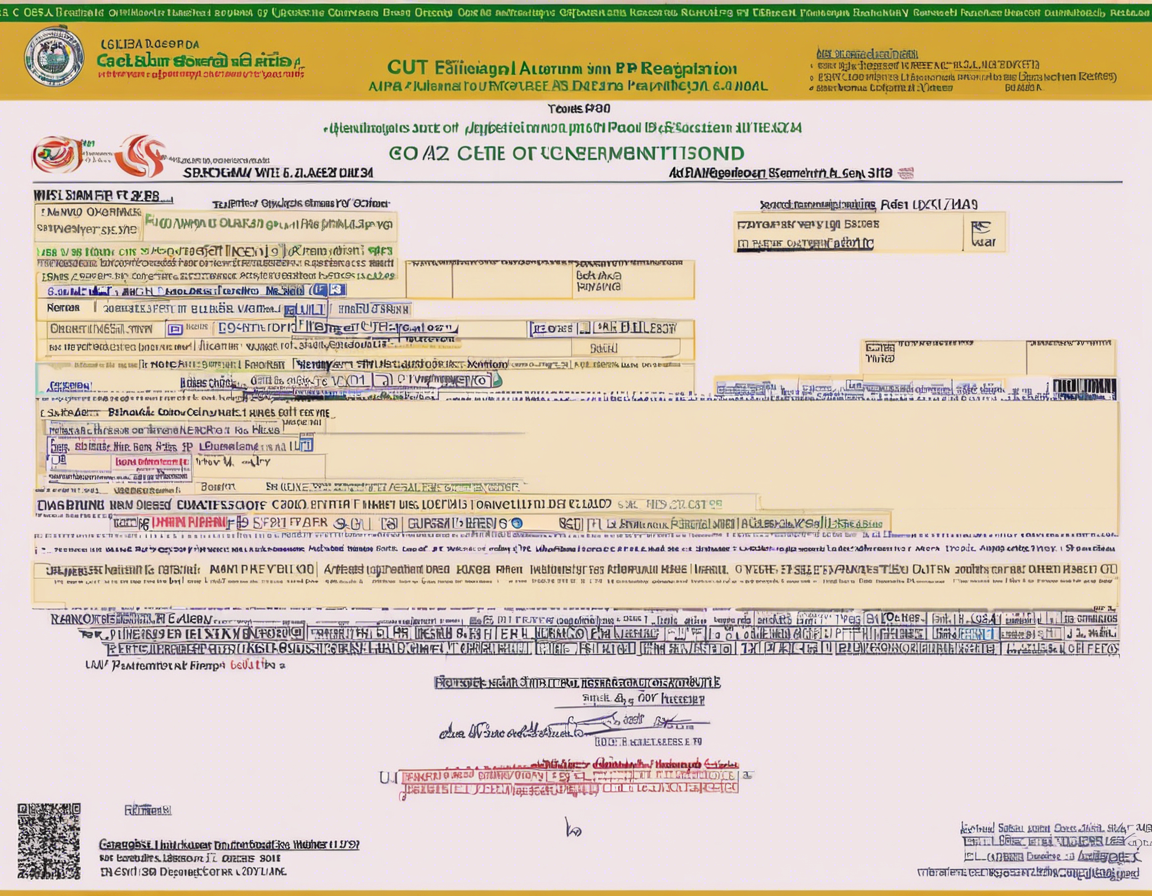
Flexon tablets are a commonly used medication that helps alleviate pain, inflammation, and fever. They belong to a class of drugs called nonsteroidal anti-inflammatory drugs (NSAIDs) and are widely used for a variety of conditions. In this article, we will explore the uses, dosage, side effects, and precautions of Flexon tablets to help you better understand this medication.
What are Flexon Tablets?
Flexon tablets are a combination medication containing two active ingredients: Ibuprofen and Paracetamol. Ibuprofen is a nonsteroidal anti-inflammatory drug (NSAID) that helps reduce pain, inflammation, and fever by blocking the production of certain natural substances in the body. Paracetamol, also known as acetaminophen, is a pain reliever and fever reducer that works by inhibiting the production of certain chemicals in the brain that cause pain and fever.
Uses of Flexon Tablets
Flexon tablets are commonly used for the following conditions:
1. Pain Relief
Flexon tablets are effective at providing relief from mild to moderate pain, such as headaches, toothaches, muscle aches, menstrual cramps, and backaches.
2. Inflammation
They can help reduce inflammation in conditions like arthritis, sprains, strains, and other musculoskeletal injuries.
3. Fever Reduction
Flexon tablets can also be used to reduce fever associated with various illnesses, such as the flu or common cold.
Dosage and Administration
The dosage of Flexon tablets may vary depending on the age, weight, and condition being treated. It is essential to follow the instructions provided by your healthcare provider or the medication label. Generally, the recommended dosage for adults is one tablet every 4-6 hours, with a maximum of 6 tablets in 24 hours. For children, the dosage is adjusted based on weight and age.
It is crucial not to exceed the recommended dose of Flexon tablets, as an overdose can lead to serious health complications. If you miss a dose, take it as soon as you remember, but do not take a double dose to make up for the missed one.
Side Effects of Flexon Tablets
While Flexon tablets are generally safe and well-tolerated, they can cause some side effects in certain individuals. Common side effects may include:
- Nausea
- Upset stomach
- Heartburn
- Dizziness
- Drowsiness
If any of these side effects persist or worsen, it is important to inform your healthcare provider. In some cases, Flexon tablets can cause more severe side effects, such as allergic reactions, stomach ulcers, kidney problems, or liver damage. If you experience symptoms like severe abdominal pain, black stools, difficulty breathing, or skin rash, seek medical help immediately.
Precautions and Warnings
Before using Flexon tablets, it is crucial to consider the following precautions:
- Inform your healthcare provider about any existing medical conditions, allergies, or medications you are taking.
- Avoid consuming alcohol while taking Flexon tablets, as it can increase the risk of side effects.
- Do not take Flexon tablets if you have a history of stomach ulcers, bleeding disorders, or liver/kidney disease without consulting a healthcare provider.
- Pregnant or breastfeeding women should consult a doctor before using Flexon tablets, as certain components may pass into breast milk or affect the fetus.
Frequently Asked Questions (FAQs) about Flexon Tablets
1. Can Flexon tablets be taken on an empty stomach?
Answer: Flexon tablets can be taken with or without food, but it is generally recommended to take them with food to minimize the risk of stomach irritation.
2. Can Flexon tablets be used for children?
Answer: Flexon tablets can be used in children, but the dosage should be adjusted based on the child’s weight and age. It is important to consult a healthcare provider for the appropriate dosage.
3. How quickly do Flexon tablets work?
Answer: Flexon tablets usually start working within 30 minutes to an hour after ingestion, providing relief from pain and fever.
4. Can Flexon tablets be addictive?
Answer: Flexon tablets are not known to be addictive when used as prescribed. However, prolonged use or misuse can lead to dependence and other health issues.
5. Can Flexon tablets be taken along with other medications?
Answer: It is essential to consult a healthcare provider before taking Flexon tablets with other medications, as interactions may occur, leading to adverse effects or reduced efficacy.
In conclusion, Flexon tablets are a versatile medication used for pain relief, inflammation, and fever reduction in various conditions. By understanding their uses, dosage, side effects, and precautions, you can use Flexon tablets safely and effectively to manage your symptoms. Remember to consult a healthcare provider before starting any new medication regimen for personalized guidance and recommendations.







